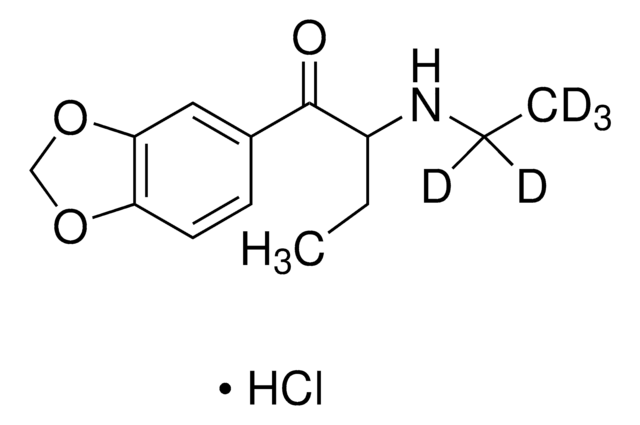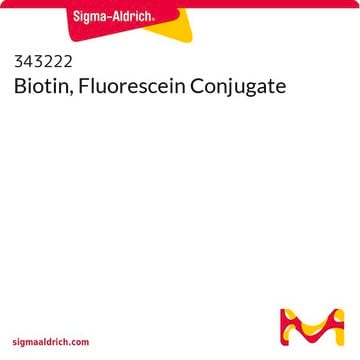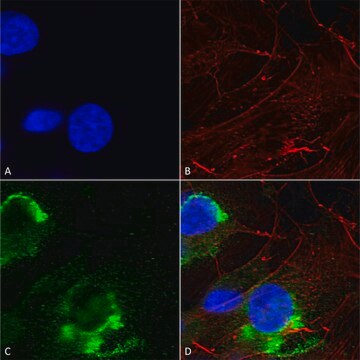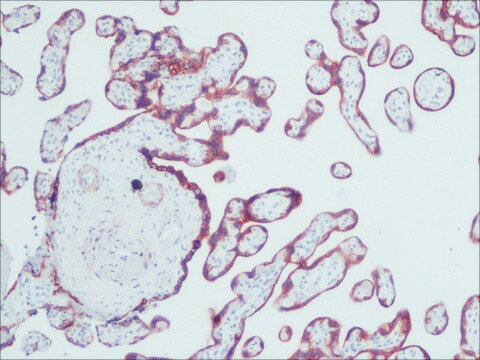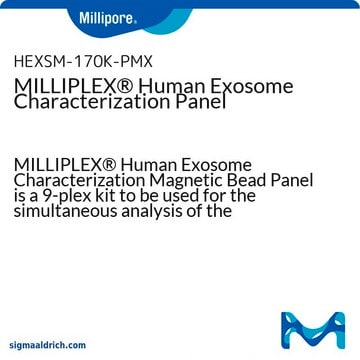MABC1036
Anti-EphA7 Antibody, clone 2F3.1
clone 2F3.1, from mouse
Synonym(s):
Ephrin type-A receptor 7, EHK-3, EK11, EPH homology kinase 3, EPH-like kinase 11, hEK11, Receptor protein-tyrosine kinase HEK11, Tyrosine-protein kinase receptor EHK-3
About This Item
Recommended Products
biological source
mouse
Quality Level
antibody form
purified immunoglobulin
antibody product type
primary antibodies
clone
2F3.1, monoclonal
species reactivity
human
technique(s)
western blot: suitable
isotype
IgG2aκ
NCBI accession no.
UniProt accession no.
shipped in
wet ice
target post-translational modification
unmodified
Gene Information
human ... EPHA7(2045)
General description
Specificity
Immunogen
Application
Apoptosis & Cancer
Cytokines & Cytokine Receptors
Quality
Western Blotting Analysis: 0.5 µg/mL of this antibody detected EphA7 in 10 µg of MCF-7 cell lysate.
Target description
Physical form
Storage and Stability
Other Notes
Disclaimer
Not finding the right product?
Try our Product Selector Tool.
Storage Class Code
12 - Non Combustible Liquids
WGK
WGK 1
Flash Point(F)
Not applicable
Flash Point(C)
Not applicable
Certificates of Analysis (COA)
Search for Certificates of Analysis (COA) by entering the products Lot/Batch Number. Lot and Batch Numbers can be found on a product’s label following the words ‘Lot’ or ‘Batch’.
Already Own This Product?
Find documentation for the products that you have recently purchased in the Document Library.
Our team of scientists has experience in all areas of research including Life Science, Material Science, Chemical Synthesis, Chromatography, Analytical and many others.
Contact Technical Service

